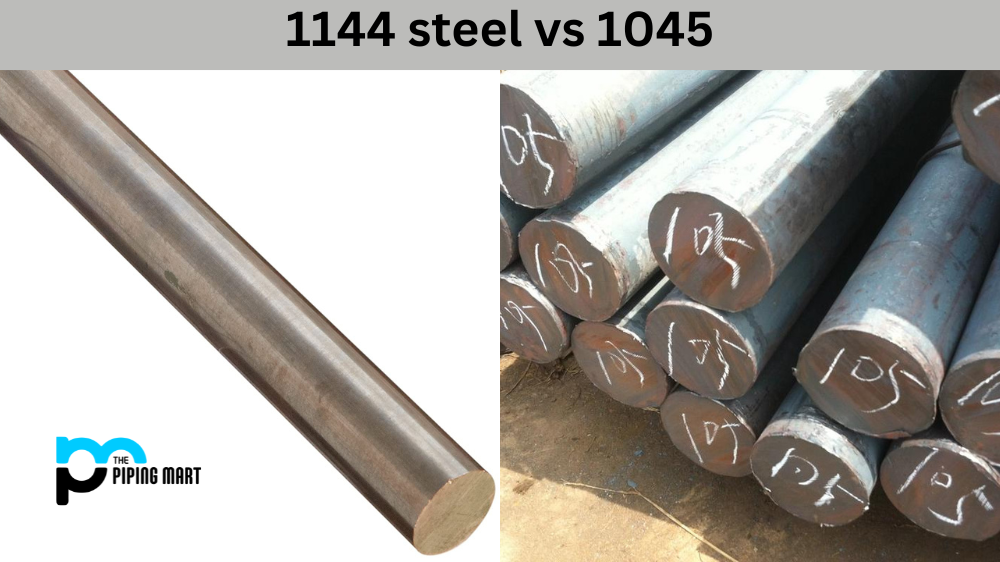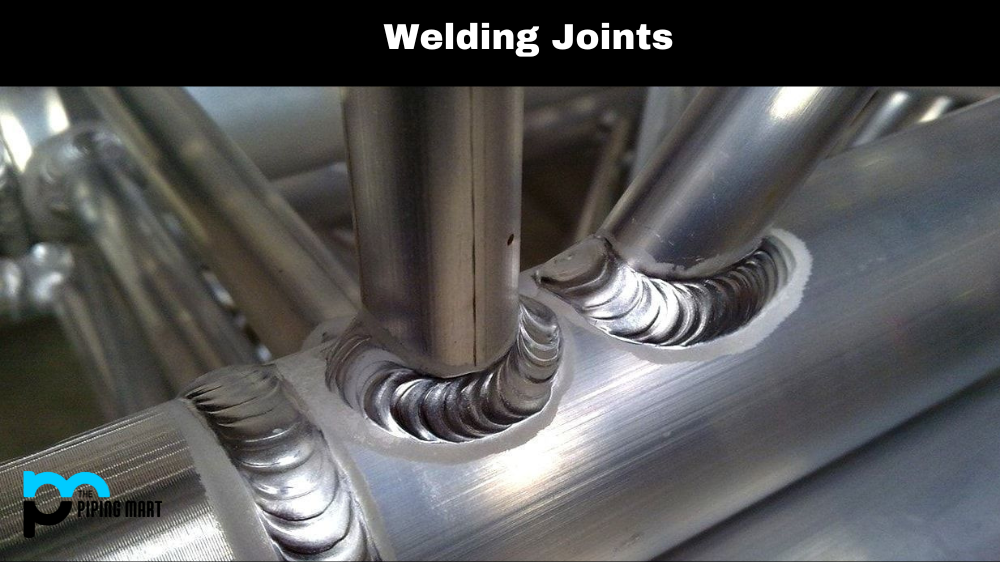Zinc plating and black oxide are two popular finishing methods for metal components. Both of these finishes can provide a protective coating for the metal, but some differences should be considered before making a final decision. Let’s take a closer look at zinc plating vs black oxide to determine which is best for your needs.
Zinc Plating
The most common type of zinc plating involves electroplating a thin zinc layer onto the metal component’s surface. This provides protection against corrosion, as well as an aesthetically pleasing finish. It also prevents oxidation and extends the life of the element. The main downside to zinc plating is that it can be relatively expensive, depending on the application and the size of the part being coated. However, it is often preferred due to its superior corrosion resistance and a longer lifespan than other finishes. Zinc plating is a process in which a thin layer of zinc is applied to a metal surface to protect it from corrosion. Zinc plating is often used on steel parts, providing an excellent barrier against rust and other forms of corrosion.
Black Oxide
Black oxide is another popular finishing method for metal components, although it is not as widely used as zinc plating. Unlike zinc plating, black oxide does not involve electroplating; a chemical process is used to create an oxide layer on top of the metal component. This protects against corrosion and oxidation but only offers a little in terms of aesthetics or longevity compared to zinc plating. Additionally, black oxide tends to be more affordable than other types of finishes due to its relatively simple application process. Black oxide is a process in which a metal surface is treated with chemicals to create a black finish. Black oxide is often used on steel parts, providing a durable finish resistant to corrosion.
Advantages of Zinc Plating
One of the main advantages of zinc plating is that it provides an excellent barrier against corrosion. Zinc is a highly reactive element, and when exposed to air and water, it forms a thin layer of zinc oxide on the surface of the metal. This zinc oxide layer protects the metal from further corrosion by acting as a barrier against oxygen and water. Additionally, zinc plating can provide a cosmetic finish that enhances the appearance of the metal.
Advantages of Black Oxide
One of the main advantages of black oxide is that it provides a durable finish resistant to corrosion. Black oxide creates a thin layer of iron oxide on the surface of the metal, which protects the metal from further corrosion by acting as a barrier against oxygen and water. The black oxide can also provide a cosmetic finish that enhances the appearance of the metal.
Disadvantages of Zinc Plating
One of the main disadvantages of zinc plating is that it can be expensive. Additionally, zinc plating can be difficult to repair if damaged.
Disadvantages of Black Oxide
One of the main disadvantages of black oxide is that it can be difficult to repair if damaged. Additionally, the black oxide can also rub off onto clothing or skin, which can cause staining.
Conclusion:
When deciding between zinc plating and black oxide for your next project, it’s important to consider both options carefully to make an informed decision based on your specific needs and budget. Zinc plating offers superior corrosion resistance and extended longevity compared with black oxide; however, it can be more expensive depending on the size and type of part being finished. On the other hand, black oxide tends to be more affordable due to its simpler application process. Still, it may not offer quite as much in terms of corrosion resistance or durability when compared with zinc plating options. Ultimately, only you can decide which option will work best for your project!
Sakshee is a talented blogger, with a particular focus on the Business and Metal Industry. She is passionate about sharing her insights on various metal products and helping professionals to make a better decisions.




